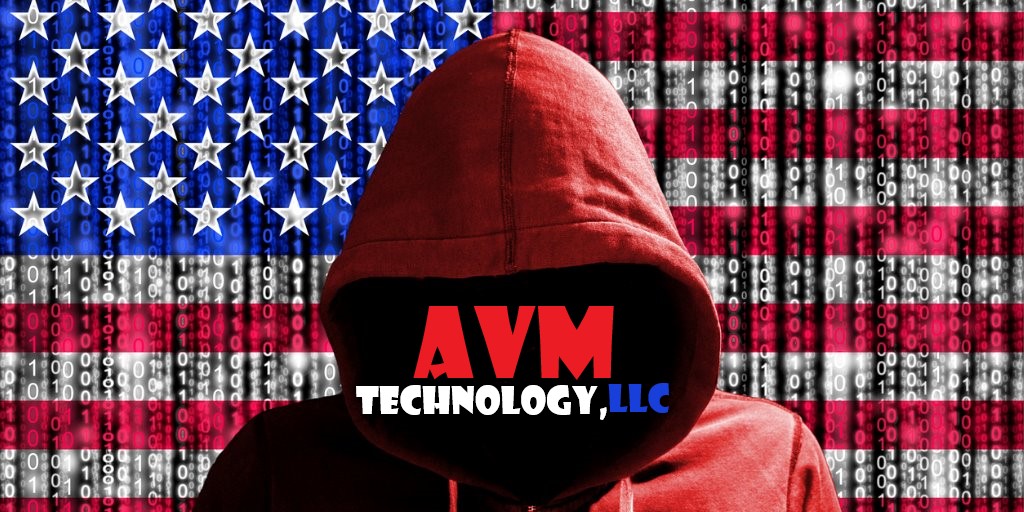What is Computer Forensics?
Computer forensics or digital forensics refers to the collection of evidence from digital computers, laptops, smart phones, storage media (such as portable drives, SD cards, memory sticks, etc). This collection process must be performed utilizing a sound methodology so that the evidence could be admissible in a legal setting. Therefore, the e
...
Computer forensics or digital forensics refers to the collection of evidence from digital computers, laptops, smart phones, storage media (such as portable drives, SD cards, memory sticks, etc). This collection process must be performed utilizing a sound methodology so that the evidence could be admissible in a legal setting. Therefore, the evidence must be collected in a forensically sound manner. Some of the evidence recovered through computer forensics may include text or word processing documents, spreadsheets, pictures and email. After the electronic evidence has been recovered, it is then analyzed and preserved.
This recovery, analysis, and preservation procedures may occur even when the data has been intentionally erased. Utilizing sound computer forensics methods, a computer examiner may be able to ascertain the exact time and date the information was created, accessed, modified, installed, or downloaded.
Today, most household electronic devices are capable of connecting to the Internet and many of them have the capability of storing data. Even mobile devices are capable of storing files, sending emails, connect to the Internet, etc. A computer forensics investigation tries to reconstruct events and actions taken on computers, mobile phones, laptops, tablet computers, or other similar electronic devices.
Frequently, the process of computer forensics is associated with civil and criminal litigation, including employee wrongdoing, corporate espionage, child pornography, hacking, criminal solicitation of a minor, hacking cases, access device fraud, credit card fraud, divorce, child custody, and even terrorism. If there was a computer of any kind or even a smart phone involved, computer forensics will come into play.
Computer Forensics Expert Services - How can we help?
A computer forensics expert must show skills and experience as evidenced by at least one of the major certifications in computer forensics. A competent examiner will be able to recover deleted files, analyze Internet data to determine websites that were visited from a certain computer from the computer even in situations where the browser history and cache have been deleted.
A computer forensics expert is also able to recover communications sent via chat or instant messenger such as AOL IM, Yahoo, MSN, etc. While performing the analysis, the computer forensics expert will also recover deleted images and email messages. In the modern world of mobile Internet devices, a competent computer forensics expert will also be able to recover deleted data from mobile phones, Blackberry, Iphone, Android phones, or Windows phones. Some of this data may include deleted text messages, call logs, emails, etc.
Some cases where computer forensics can be critical assistance may include:
Criminal Cases:
Computer forensics are relevant to the examination of evidence recovered in cases involving computer fraud, hacking, white collar crime, hidden evidence, child pornography, Internet solicitation of minors, and other criminal accusations. These are some examples of criminal cases involving computer forensics. Computer forensics not only come into play during criminal cases but also during civil cases. These are some examples of civil lawsuits involving computer forensics.
Family Cases, Adultery, and Child Custody:
A computer forensics expert is able to recover hidden or deleted chat conversations, text messages, emails, and others. The importance of this evidence for these cases is almost self-explanatory.
Spoliation and Data Fraud Cases:
A computer forensics expert can analyze a document to determine whether it was altered. Additionally, sensitive information contained on previous versions of a document is recoverable.
Computer Trespass or Harassment cases:
A computer forensics investigation can also discover if someone accessed an email account or a computer without authorization. Whether it is to plant spyware, steal data, or any other such purpose, computer trespass is illegal.
Additionally, a computer forensics expert can assist in cases where an individual is harassed via electronic means, i.e., emails, electronic documents, text messages, etc.
Can a Computer Forensics Expert Analyze My Evidence?
The answer to this question depends on whether you have authority to provide consent. For criminal cases, the State will most likely need to obtain a warrant in order to protect the individual's Fourth Amendment rights. Civil cases are different. The Fourth Amendment protects against unreasonable searches and seizures by the government only, including the police. However, the Fourth Amendment generally does not apply to private searches. Therefore, an employer or a spouse can generally authorize a computer forensics expert to analyze the evidence as long as the person can provide legal consent.
